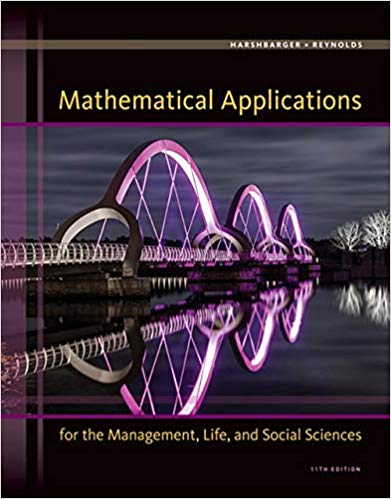Question
Dr. Edwin Jenner conducts a study in which participants are asked to learn a list of words consisting of concrete words (e.g., zombie, brain, crossbow)
Dr. Edwin Jenner conducts a study in which participants are asked to learn a list of words consisting of concrete words (e.g., zombie, brain, crossbow) and abstract words (e.g., fear, hope, safety). Dr. Jenner hypothesizes that more concrete than abstract words will be remembered. Each participant is asked to recall as many words as possible 10 minutes after presentation, and the number of concrete and abstract words each person recalls is determined. The data, along with means and standard deviations, are presented below. What do you conclude with respect to the researcher's hypothesis?
[If this is an independent samples t-test problem, use non-pooled variances]
Participant Concrete Abstract Difference score 1 13 10 3 2 11 9 2 3 19 13 6
4 13 12 1 5 15 11 4 6 10 8 2 7 12 10 2 8 13 15 -2 Mean: 13.25 11.00 2.25 S 2.76 2.27 2.31
Appropriate test?
H0
H1
Formula, substitution, and obtained value:
Critical value(s)?
Reject or fail to reject the null hypothesis?
Conclusion in words?
Step by Step Solution
There are 3 Steps involved in it
Step: 1

Get Instant Access to Expert-Tailored Solutions
See step-by-step solutions with expert insights and AI powered tools for academic success
Step: 2

Step: 3

Ace Your Homework with AI
Get the answers you need in no time with our AI-driven, step-by-step assistance
Get Started


